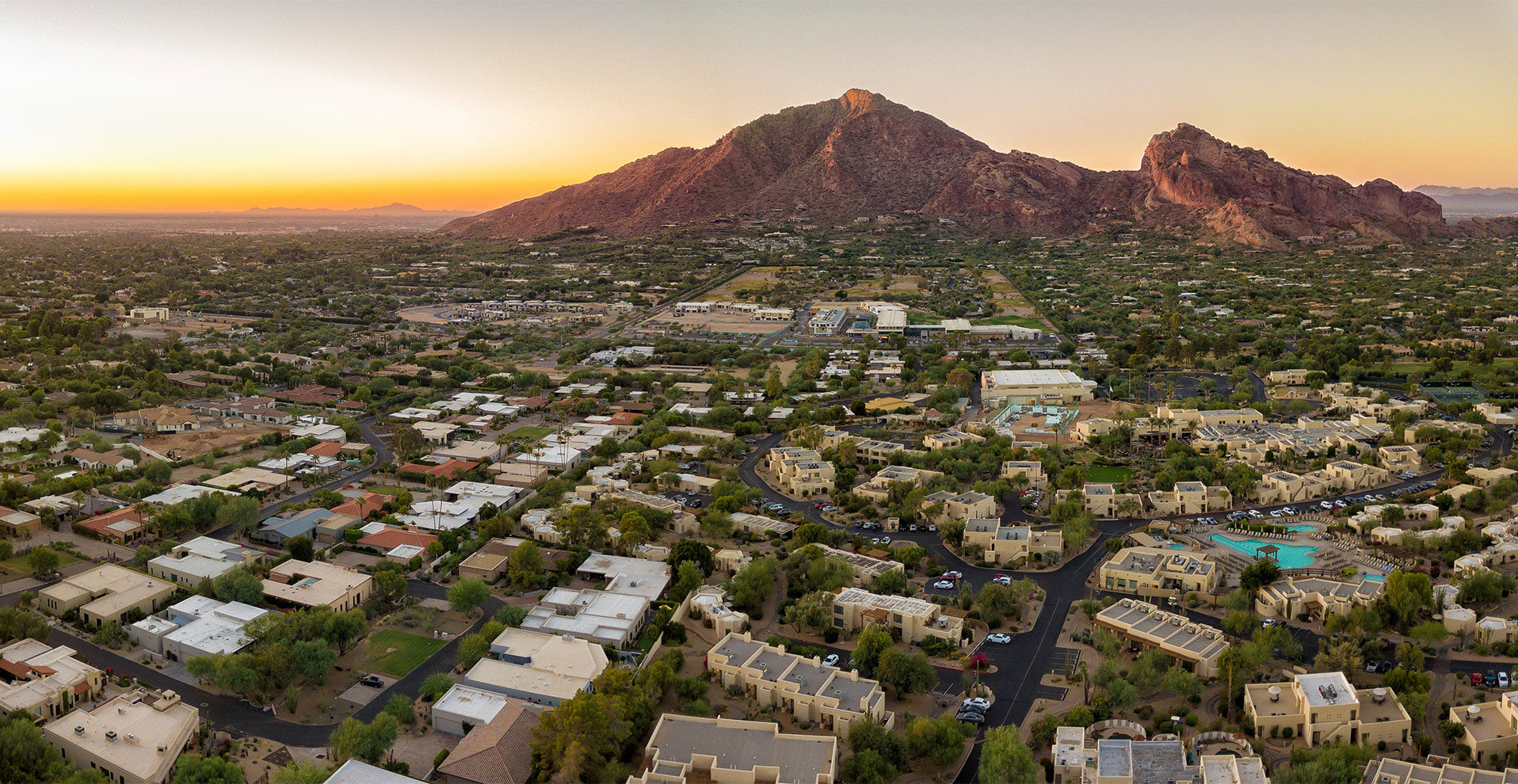Definitions of Home Styles in Phoenix Can Be Confusing
People who research homes for sale online may find that they come across confusing terms to describe a house.
Below are the percentages of the most common home types listed for sale in the Phoenix area;
86.8% Single family residences
7.0% Condominiums
3.2% Townhouses or townhomes
1.4% Patio homes
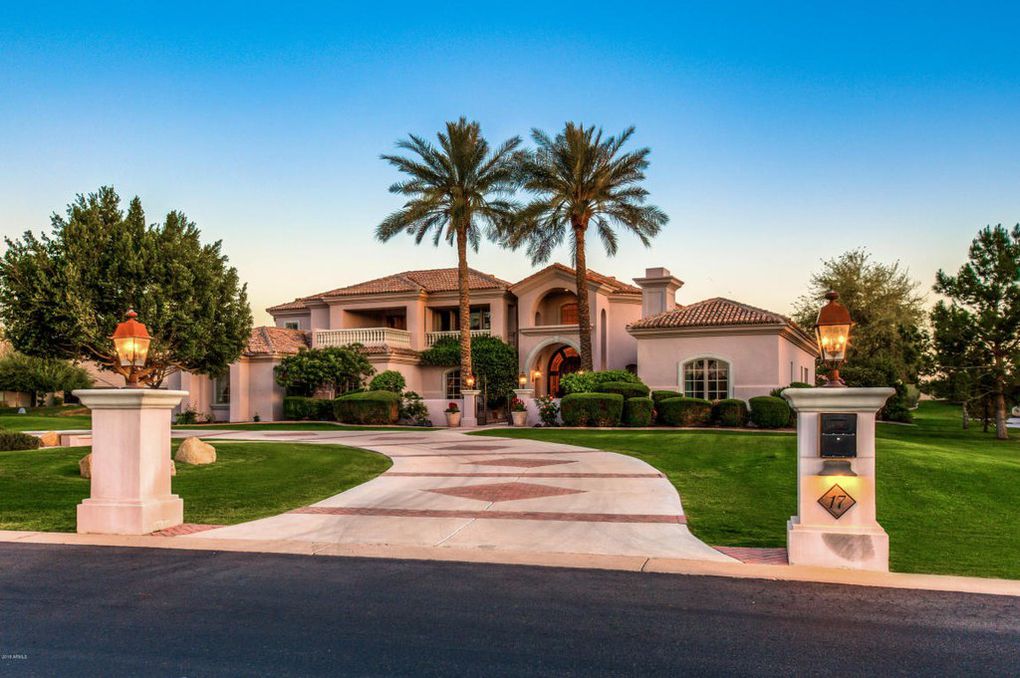
SINGLE FAMILY RESIDENCES – What is a Single Family Residence?
A single family residence, or single family home, is the easiest to define in Arizona. Single family residences are detached homes, usually with both a front and back yard, driveway, and attached carport or garage.
Single Family Residence – Pros
- A single family residence offers greater privacy, no common walls, less intruding noise from neighbors
- Usually includes a yard which may include enough space for a lawn, swimming pool, RV parking, horse stables or other amenities
- May be able to be expanded
- Garages are common in newer single family residences
- May have a homeowners’ association and CC&Rs
Single Family Residence – Cons
- A more expensive home type
- All maintenance on a single family residence is homeowner’s responsibility
- May have a homeowners’ association and CC&Rs
WHAT ARE THE DIFFERENCES BETWEEN TOWN HOMES AND PATIO HOMES?
Before you go on to see the definitions, examples, and photos, there are three things you must know:
- The Arizona Regional Multiple Listing Service does not have definitions for townhouses, patio homes, twin homes or for any other home type, and there are really no legal definitions for different types of houses in Arizona. The Maricopa County Assessor, for example, lumps several these home types into the same category.
- It is not uncommon to see the identical home marketed as a townhouse by one person and as a patio home by another, or as a patio home by one person and as a twin by another.
- The definitions of home types in Arizona may be completely different in other parts of the country!
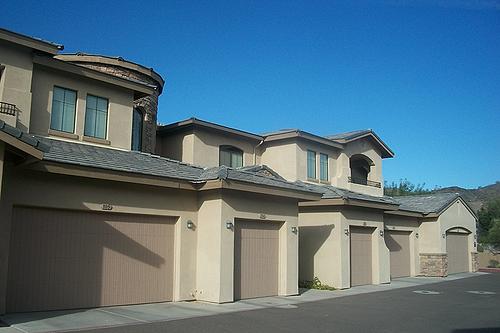
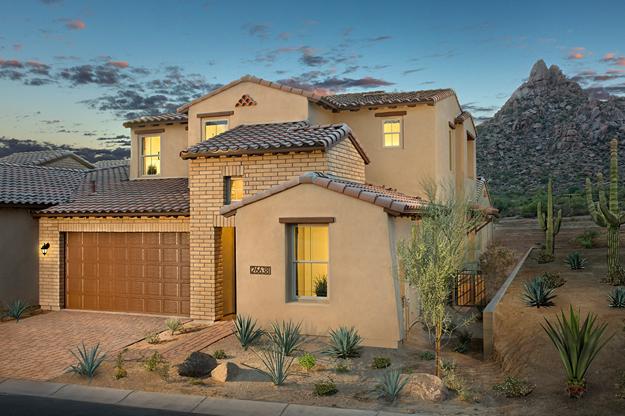
Townhome/Townhouse – Pros
- Less expensive than single family homes
- No neighbors above or below.
- Often has a small fenced yard
- Low maintenance lifestyle – HOA may cover roof repair and replacement, exterior maintenance, common area maintenance, and other expenses
- Often includes amenities such as a community pool
Townhome/Townhouse – Cons
- Noise from neighbors through shared walls
- Homeowners’ association fees and politics, and CC&R restrictions
- A townhome or townhouse will typically have a small yard or no yard
- Might have common stairwells
Patio Homes – Pros
- A patio home is usually less expensive than a single family home
- Not as crowded (dense) as townhomes or condominiums
- No neighbors above or below
- Often only one shared wall
- A patio home affords an easy lifestyle – HOA often covers roof replacement, exterior maintenance, landscape maintenance, common area maintenance, and other expenses
- Ideal for “lock and leave” vacation homes
- No stairs and low maintenance make patio homes popular with seniors
- Commonly includes amenities such as a community pool
Patio Homes – Cons
- Noise from neighbors through the shared wall or walls
- Homeowners’ association fees and politics, and CC&R restrictions
- Less common than townhouses or condominiums, so the selection of patio homes may be small
- Very small yard or No yard, just a patio overlooking a common area.
Condominiums – What is a Condominium?
Condominiums, or condos, are essentially apartments that are individually owned.
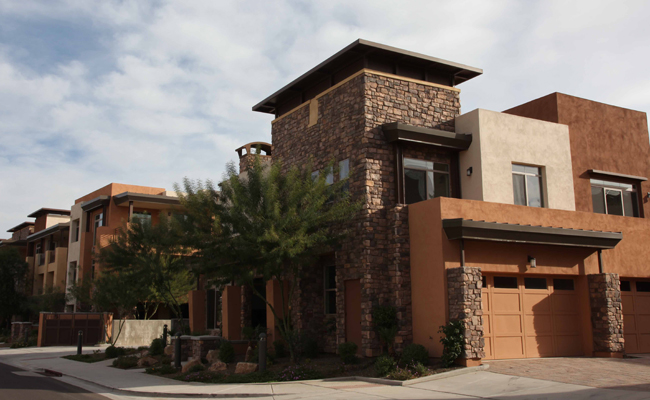
Condominiums – Pros
- Condominiums are generally less expensive than single family homes
- You may be able to afford to live in a more expensive neighborhood
- Easy lifestyle – the condominium homeowners association often covers roof replacement, exterior maintenance, common area maintenance, and other expenses
- Good “lock and leave” vacation homes
- Condominiums often include amenities such as a community pool
Condominiums – Cons
- Noise from neighbors, including those above and below your unit
- Homeowners’ association fees and politics, and CC&R restrictions
- Parking at condominiums is often in a common area not attached to the home
- No yard
- Some condo buildings may have stairs
